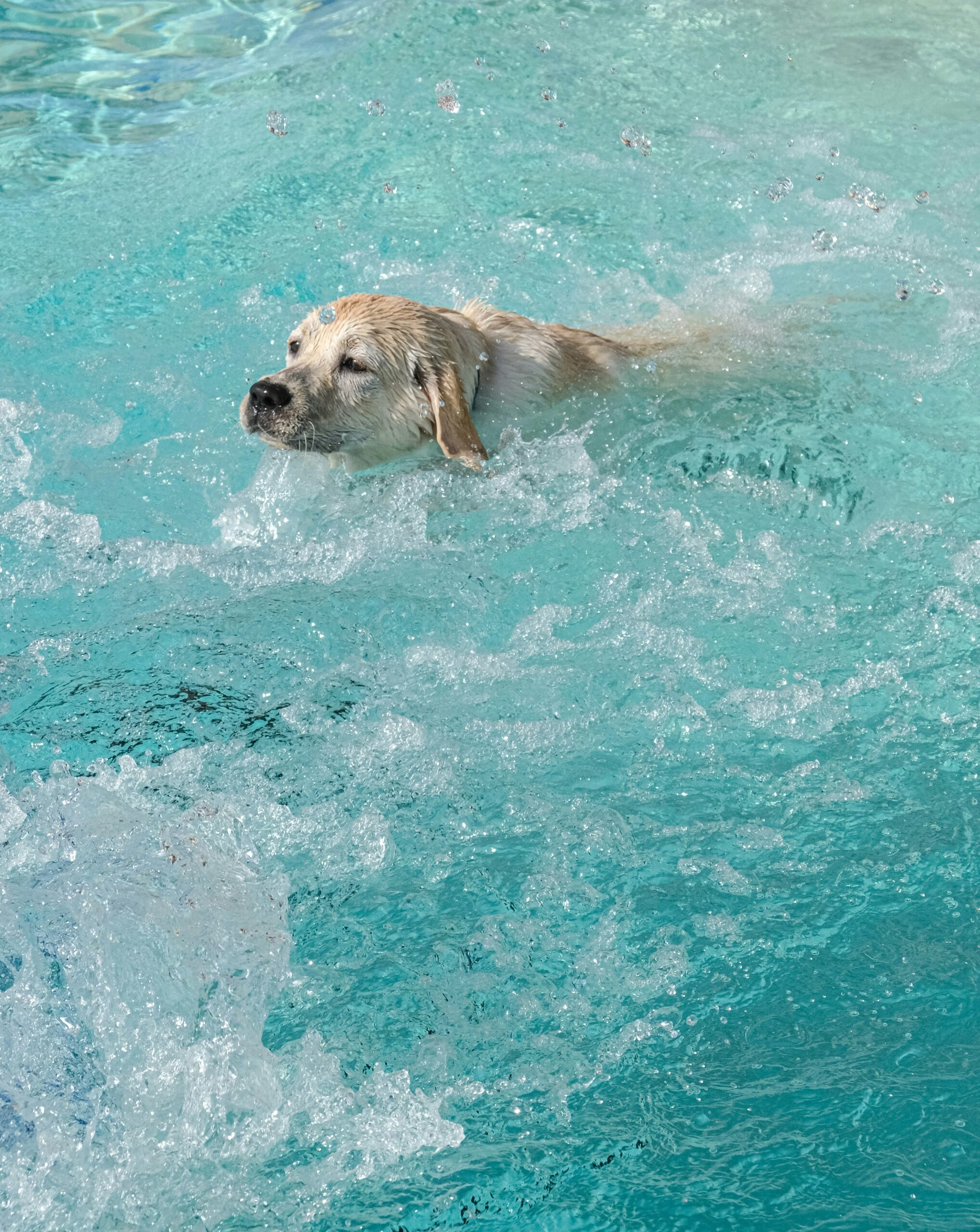It's fascinating how many variations exist within the canine world. If you find yourself in search of a small, white-coated companion that fits seamlessly into apartment living, you've come to the right place. Small dog breeds with white coats have a lot to offer, both in terms of aesthetics and practicality. In this article, we'll explore the best breeds, go over the care they require, and provide helpful tips on feeding and training.
Characteristics and advantages of small white dog breeds
Small white-coated dogs are not only charming to look at, but also possess unique characteristics and benefits that make them excellent companions.
Adaptability to the apartment environment
One of the most outstanding characteristics of these breeds is their ability to adapt to small spaces, such as apartments. Being smaller in size, they require less space to move around and are generally less active. Breeds such as the Bichon Frisé and Maltese are specifically adapted for such environments, making them ideal for urban owners.
Family behavior and temperament
Behaviorally, these breeds are known for their affable and friendly nature. They are dogs that enjoy interaction with their owners and can be excellent with children. Examples of good temperament include the West Highland White Terrier, which possesses a mix of energy and affection, perfect for families looking for a loyal and playful companion.
Essential care for white coats
Despite their benefits, caring for white coats is an art and requires constant attention to maintain their natural beauty.
Maintenance and cleaning techniques for the coat
To ensure that your small dog's coat remains spotless, you should follow a regular grooming routine. Here are some suggestions:
- Biweekly baths: No more than that, to avoid drying out the skin.
- Frequent combing: At least three times a week to avoid tangles and remove dead hair.
- Suitable products: Use of combs and brushes appropriate for their coat type.
Choosing the right shampoo for white coats
A critical aspect is to select the right shampoo, as the wrong shampoo can dull the coat. Look for products:
- Specialized in maintaining whites without discoloration.
- No harsh chemicals that can cause irritation.
- With natural ingredients, such as oatmeal or aloe vera.
Recommended food for a healthy coat
Nutrition plays a crucial role in the maintenance of your pet's coat. A balanced diet rich in specific nutrients is essential.
Essential nutrients for coat health
A shiny, healthy coat starts from the inside, with a diet rich in:
- Omega-3 and Omega-6 fatty acids: They promote healthy skin and shiny hair.
- High quality proteins: Crucial for coat growth and repair.
- Vitamins A and E: They help maintain skin health and reduce the risk of irritation.
Training and socialization of small white breeds
Training and socialization are indispensable elements to ensure optimal behavior in any environment.
Basic tips for effective training
To maximize the effectiveness of training, it is vital to follow a series of practical steps:
- Use positive reinforcement: treats and petting every time your dog achieves a command.
- Be consistent with commands: Use the same words for the same commands.
- Socialize early: Introduce your dog to different people and animals to encourage a friendly attitude.
With these tips, you will surely facilitate the process of adaptation of your pet to its new home, ensuring a harmonious and satisfactory coexistence for all family members.



